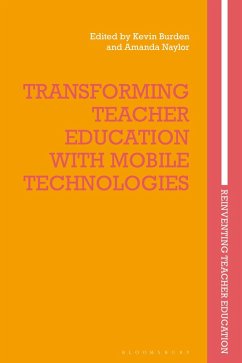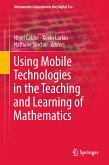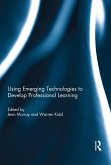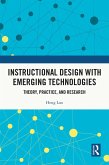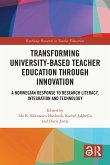Transforming Teacher Education with Mobile Technologies provides an international, comparative overview of current thinking and research in the field of mobile learning and teaching/teacher education, with case studies from Australia, Germany, Ireland, Norway, Sweden, Turkey and the United Kingdom. Drawing together contributions with teachers and teacher educators engaged in a European project, this book investigates practices further afield and provides insight into research and cutting-edge pedagogical practice in teaching and teacher education using mobile learning. Students use personal technologies like their mobile phones, extensively and expect to be constantly connected and engaged in a networked world. It is imperative, therefore, that teachers keep pace with this ever-shifting landscape and this is a challenge to those in the profession and more widely to teacher education which is tasked with preparing the next generation of teachers. This volume provides some answers to these challenges, linking theory to practice and developing theoretical models. The contributors also explore possible future developments in this field using an innovative methodology associated with Future Thinking Scenario Planning (Snoek, 2004).
Bitte wählen Sie Ihr Anliegen aus.
Rechnungen
Retourenschein anfordern
Bestellstatus
Storno

